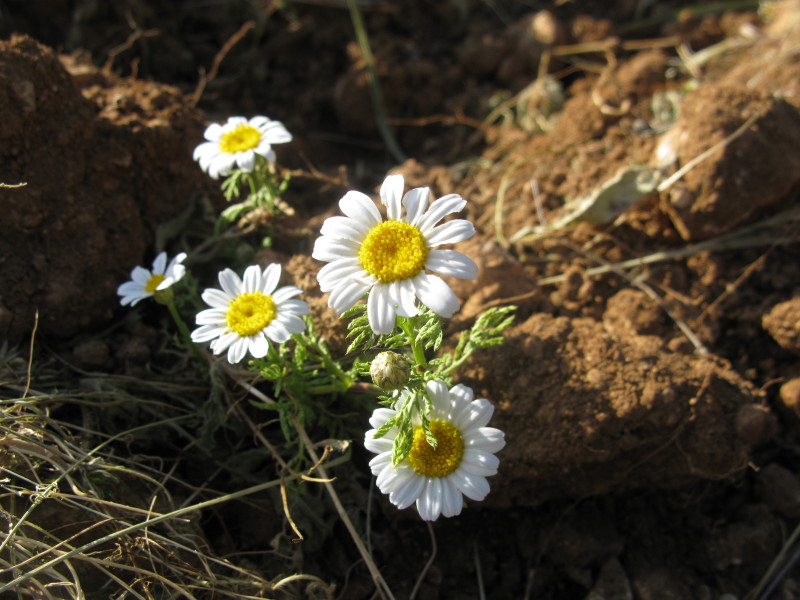I came across a post on LinkedIn claiming that ‘progress is the antidote to burnout’. Apparently all you need to do, in order to prevent burnout, is to get better at organising your ‘to do list’ and download an app to track your progress.
If you could see my face, you would notice I look very perplexed. Nothing wrong with motivational apps. What’s weird is to think that you can beat burnout with a to do list. In fact, such approach may entrench the perfectionism that leads many to burnout in the first place. The last thing people who suffer from burnout need is another ‘to do list’.
Burnout is a serious existential condition, and while it is a widespread syndrome, let’s be mindful that not every sign of fatigue, stress, or frustration equals burnout.
Burnout is not stress
Some of the most interesting, as well as evidence-based research on burnout, illustrates how this phenomenon is associated not only with overwork, lack of motivation and appreciation, but also with a ‘loss of meaning’ in what the person once experienced as a highly engaging profession which provided a sense of purpose.
Not surprisingly then, burnout tends to hit perfectionists and idealists.
The argument that if only you could get better at tracking your progress, then you could easily prevent or beat burnout is simplistic. If you are at risk of burnout because of individual and organisational tendencies, what may help is to lower your unachievable standards, relax, and get to the root of what gives meaning to your life.
The importance of organisational culture
But there’s more. Burnout grows within an organisational system, so you need to take a good look at the work environment you are immersed in, and see whether you can contribute in any way to create a more caring atmosphere. This is true for everyone, but especially for managers who have the power to implement change.
Burnout prevention requires a culture of learning and care within organisations, a job where people feel they are making a contribution in line with their values, the acceptance that we’re not super-heroes, and the clear-seeing that there’s a whole interesting life to explore and enjoy beyond work. Instead of writing a list or downloading an app we need to go for a walk, breathe some fresh air, and connect (possibly not just on Facebook!) with those we love.
For a well-researched, yet accessible, discussion on burnout I suggest the article ‘Burnout: 35 years of research and practice’ by Schaufeli, Leiter and Maslach. To take stock for a moment, you may want to try out some simple mindfulness practices.


